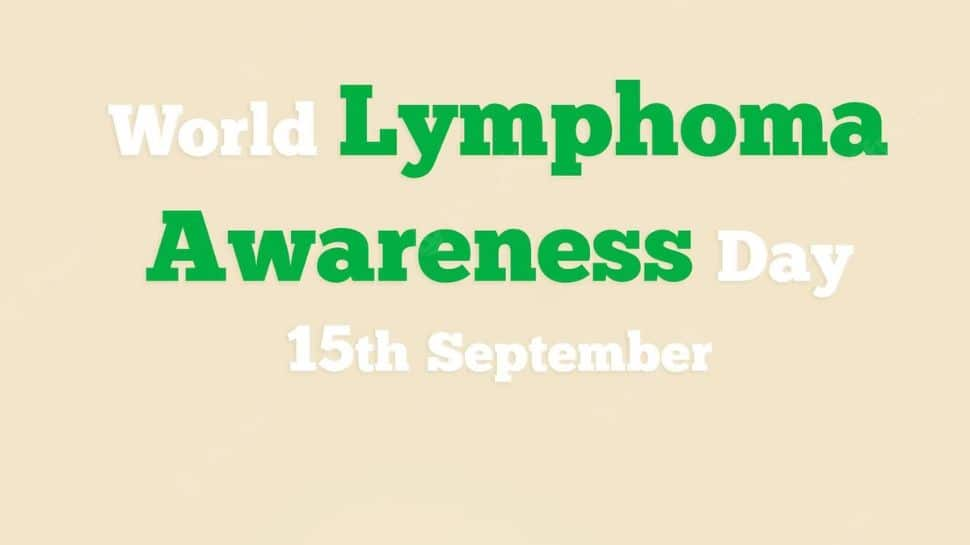World Lymphoma Awareness Day is an important occasion to raise awareness about this type of cancer and to disseminate valuable information. Here's a summary of the 10 lesser-known facts about lymphoma
-
Multiple Lymphoma Types : Lymphoma encompasses various types, with Hodgkin lymphoma and non-Hodgkin lymphoma being the primary categories. Non-Hodgkin lymphoma, in particular, consists of over 60 subtypes, each requiring specific treatment approaches.
-
Demographics : Lymphoma doesn't discriminate based on age, gender, or race, but it's more prevalent in older adults and men.

-
Importance of Early Detection : Detecting lymphoma early is crucial for effective treatment. However, lymphoma often remains asymptomatic in its initial stages, making awareness of common signs like swollen lymph nodes, fever, fatigue, night sweats, and unexplained weight loss vital.
-
Advancements in Treatment : Significant progress has been made in lymphoma treatment in recent years. Early diagnosis and timely intervention can lead to long-term remission or even a cure.
-
Individualized Treatment Plans : Lymphoma treatment isn't one-size-fits-all. The ideal approach varies based on cancer type, stage, and the patient's overall health and preferences.
-
Support Systems : Coping with lymphoma treatment can be challenging, but patients don't have to face it alone. There are numerous support resources available, including patient advocacy groups, cancer centers, and online communities.
And here are four additional lesser-known facts:
-
Diverse Causes : Lymphoma can be triggered by several factors, such as genetic predisposition, viral infections (e.g., Epstein-Barr virus), and environmental exposures. However, in many cases, the exact cause remains unknown.
-
Metastatic Potential : Lymphoma can spread to other body parts, including the bone marrow, liver, and spleen. This is known as metastatic lymphoma, and it can complicate treatment.
-
Increased Cancer Risk : Individuals with lymphoma have a heightened risk of developing other types of cancer, such as leukemia and skin cancer. Close monitoring and preventive measures are essential.
-
Ongoing Research and Hope : Research into lymphoma continues, leading to the development of new treatments. This offers hope to patients, including those with advanced or aggressive forms of the disease.
Dr. [Expert's name] encourages everyone to familiarize themselves with lymphoma's signs and symptoms and to seek medical attention promptly if any of these symptoms are experienced. Early diagnosis and treatment are pivotal for achieving the best possible outcome in lymphoma cases.
.png)
.png)
